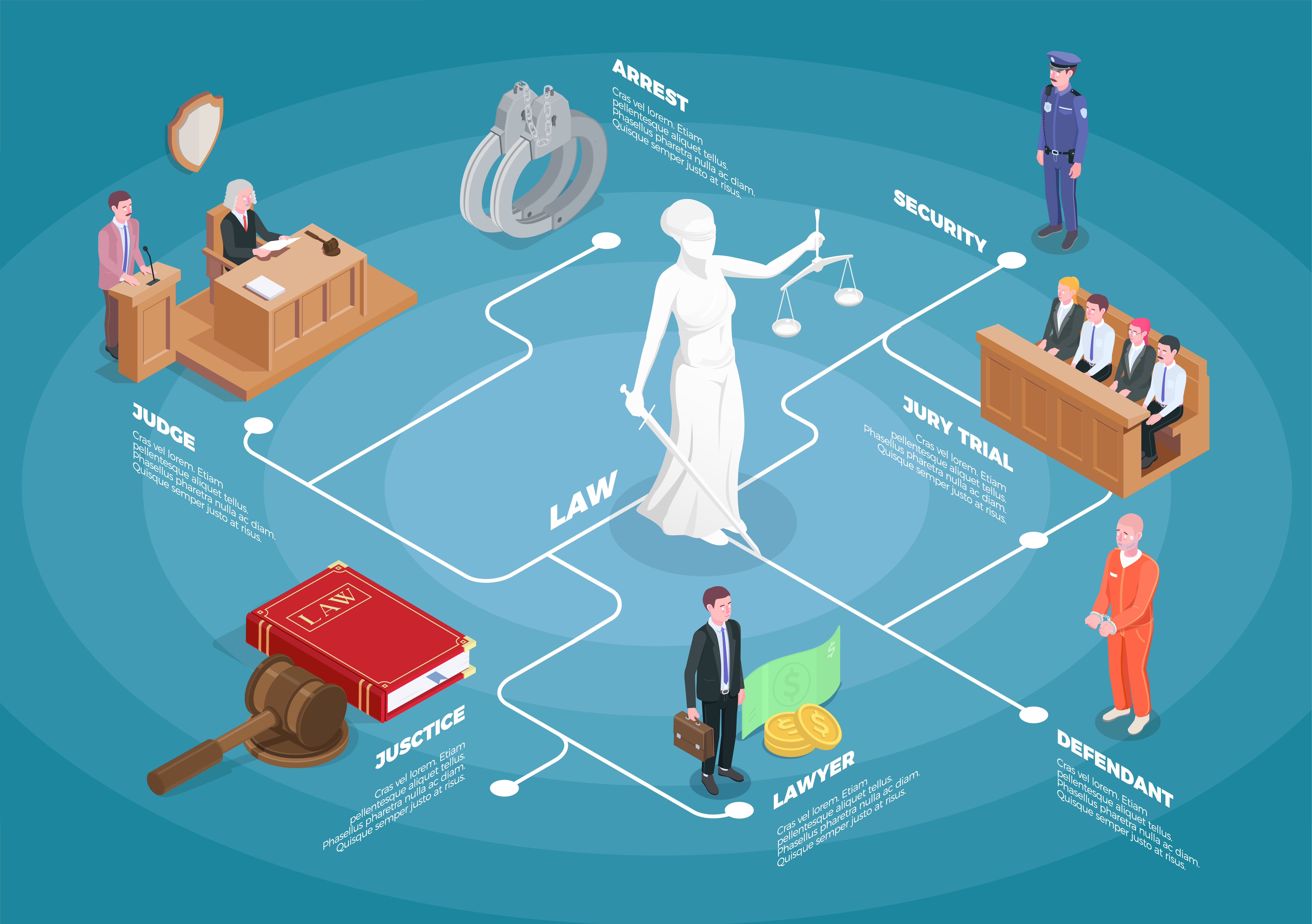The adversarial system is a foundational concept in jurisprudence that shapes the structure of legal proceedings in many countries. Rooted in the principle of fairness, this system relies on the presentation of evidence and arguments by opposing parties to a neutral adjudicator, fostering a dynamic legal environment.
While the adversarial system has been praised for promoting fairness and efficiency, it is not without its critics. As we delve into the nuances of the adversarial system, its strengths and weaknesses come to light, prompting an ongoing discourse on its effectiveness in delivering justice.
Pros of the adversarial system:
- Presumption of innocence
One of the key strengths of the adversarial system is its commitment to the presumption of innocence. The accused is considered innocent until he/she is proven guilty. On the other hand, the burden of proof lies with the prosecution. This principle is fundamental to protecting individuals from unjust accusations and convictions. - Search for Truth
Advocates of the adversarial system argue that the clash between opposing parties facilitates the search for truth. By presenting evidence and arguments, each side is incentivized to expose weaknesses in the other’s case. This process is believed to lead to a more thorough examination of facts and issues, promoting a more accurate determination of the truth. - Protection of individual rights
The adversarial system is designed to protect the rights of individuals by ensuring a fair and transparent legal process. Defendants have the right to legal representation, the right to confront their accusers, and the right to a fair trial. These safeguards are crucial in upholding the principles of justice. - Efficiency and expertise
The division of roles between the prosecution and defense allows for specialization and expertise. Prosecutors and defense attorneys become adept at presenting and challenging evidence, leading to a more efficient legal process. This specialization is believed to contribute to the overall effectiveness of the system.
Cons of the Adversarial System:
- Focus on winning over the truth
Critics argue that the adversarial system can sometimes prioritize winning a case over discovering the truth. Attorneys may be more focused on strategic maneuvers and legal tactics rather than presenting an accurate and comprehensive account of the facts. This can lead to injustices, especially when the side with greater resources has a tactical advantage. - Inequality in legal representation
The quality of legal representation is a crucial factor in the adversarial system. Critics contend that there is often a significant imbalance between the resources available to the prosecution and those available to the defense, particularly in cases involving indigent defendants. This inequality can undermine the fairness of the legal process. - Complexity and length of proceedings
The adversarial system can be criticized for its complexity and the length of legal proceedings. The extensive pre-trial processes, discovery, and legal maneuvering can result in prolonged cases, leading to increased costs and potential delays in justice. - The emotional toll on parties
The adversarial nature of legal proceedings can take an emotional toll on the parties involved, particularly victims and defendants. The confrontational approach may exacerbate stress and trauma, impacting the overall well-being of individuals caught up in the legal system.
A fair and effective legal system must remain in primary focus:
The adversarial system, with its emphasis on competition between opposing parties, has both advantages and drawbacks. While the adversarial system has its merits, it is essential to acknowledge its limitations and the potential for injustices. On the positive side, it promotes a rigorous and thorough examination of evidence, ensuring that all aspects of a case are scrutinized. This competitive dynamic also allows for keen representation, giving each party a fair opportunity to present their case.
However, the adversarial system is not without its flaws. Critics argue that it can be adversarial to the truth, as the primary focus may shift from seeking justice to winning the case. Additionally, there is the risk of unequal power dynamics, with one party possessing greater resources and thereby potentially influencing the outcome. Striking a balance between the benefits and limitations of the adversarial system remains a constant challenge in the quest for a fair and effective legal system.

